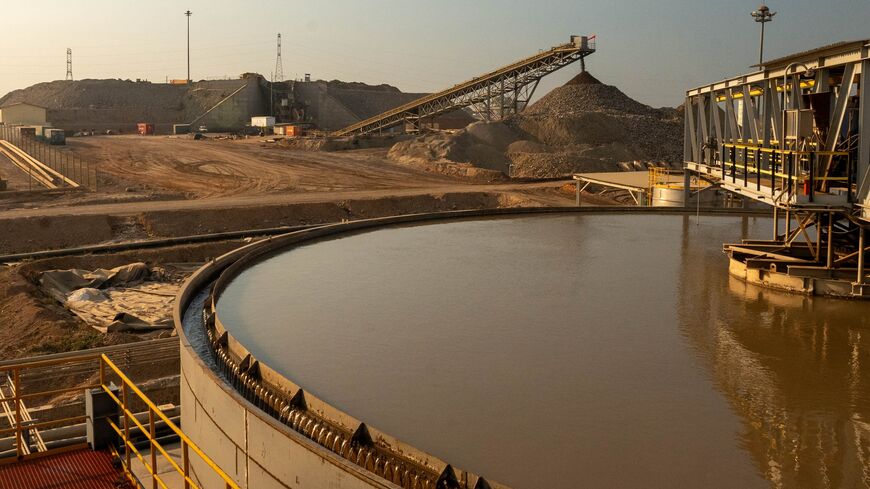Wealthy Gulf countries are racing against China, Europe and the United States for minerals critical to powering the global green transition.
The United Arab Emirates is increasing its push to acquire African mineral resources, scrambling against China, Saudi Arabia and others to secure contracts. Its latest foray is in Zambia, where the Gulf state snapped up a copper mine on Thursday and is reported to be muscling in on a planned Chinese deal to buy another one.
Copper, cobalt, lithium and nickel are minerals crucial to battery performance, which is needed to power the global green transition. Moreover, rare earth elements are required for the production of the magnets vital to electric vehicle motors and wind turbines. Wealthy Middle Eastern countries, which historically have relied on oil for much of their revenues, are now turning to the minerals critical to clean energies, as countries look to cash in on the transition.
Citing three sources familiar with the matter, Reuters reported on Friday that International Resources Holding Limited (IRH), a unit of International Holdings Company, Abu Dhabi’s most valuable business, is interested in acquiring the Zambian Lubambe Copper Mine, despite China’s JCHX already agreeing to buy it.
The site is sought after because it has the potential to become one of the largest copper mines in the country. The Zambian government, which owns 20% of the business, has to approve the facility’s sale. At the moment, the status of any sale is unclear, a source told Reuters.
International Holdings Company, which has a market cap of around $238 billion, is run by the influential Sheikh Tahnoon bin Zayed Al Nahyan, the UAE’s national security adviser and deputy ruler of Abu Dhabi.
The Reuters sources said that IRH had informed EMR Capital — the private equity manager that owns the 80% of the mining project up for sale — that it was considering bidding on its stake. Two of the sources said the UAE’s interest might complicate the sale to JCHX.
The current jockeying follows IRH having successfully bought into another Zambian mine.
Zambian President Hakainde Hichilema said on Thursday that IRH had acquired a 51% controlling stake in Mopani Copper Mines, the sale of which concluded that day. The Zambian government retains 49%.
The Lubambe mine’s production output has fallen below the level necessary to sustain it, according to its website, and Hichilema said the UAE company would help revive the mine’s activity. IRH will inject new capital into the mining company and also pay off a significant portion of its debt.
Al-Monitor has contacted IHC and the Zambian government for comment.
The UAE is the fourth largest investor in Africa, after China, the European Union, and the United States, respectively. Saudi Arabia is racing to catch up, developing its domestic mining sector while also heavily investing in Africa to tap into its mineral resources.
At the Saudi-Arab-African Economic Conference last year, Riyadh signed more than $500 million in agreements, ranging from minerals and renewable energy to food processing. Furthermore, Manara Minerals, a mining company backed by Saudi Arabia’s deep-pocketed Public Investment Fund, is setting up a metals trading arm to support its interest in mining companies overseas.
Meanwhile, China has been Africa’s largest trading partner for more than a decade. It invests heavily in mining as well as the continent’s services sectors. In 2022, China put $1.8 billion toward foreign direct investment in Africa, according to the China Africa Research Initiative, a program at the Johns Hopkins University School of Advanced International Studies.
